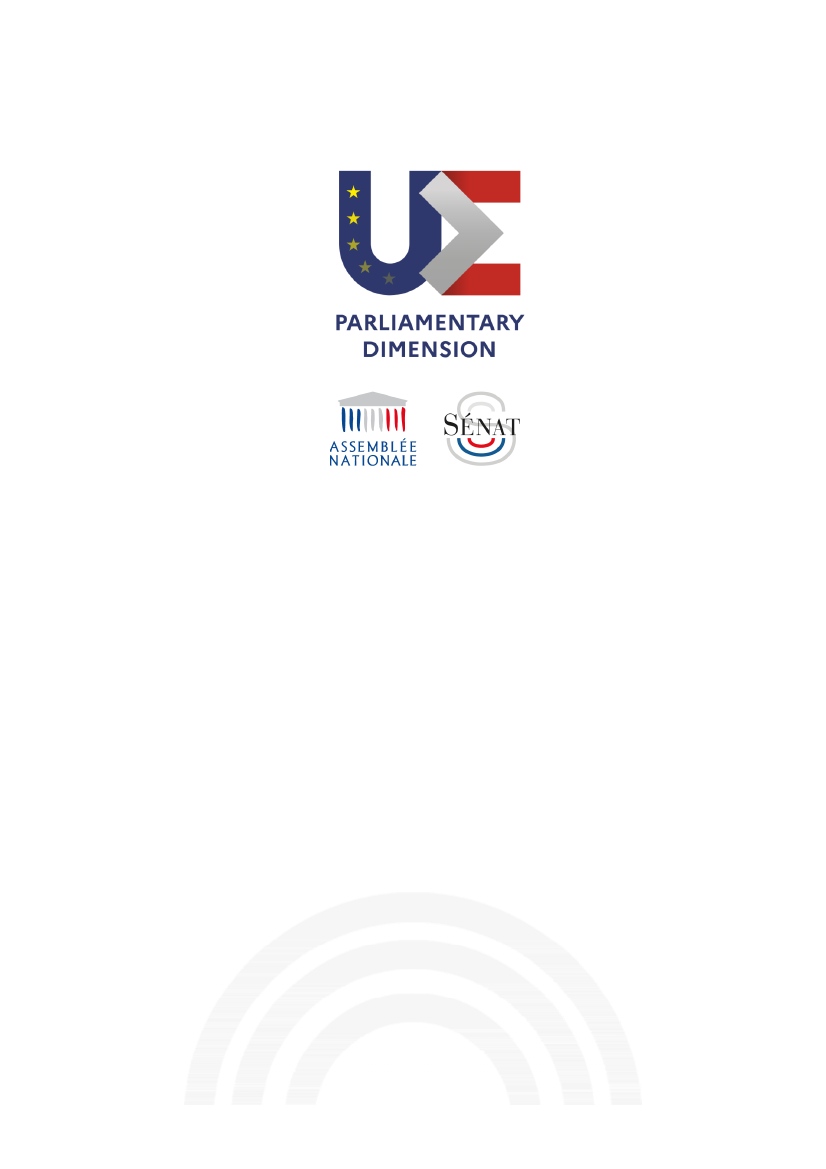
Background note
Session 3
The challenges of European food sovereignty
With a keynote speech of Mr Norbert Lins, chairman of the European
Parliament Committee on Agriculture and Rural Development
Interparliamentary Conference on the strategic economic autonomy of
the European Union
Paris, 14 March 2022